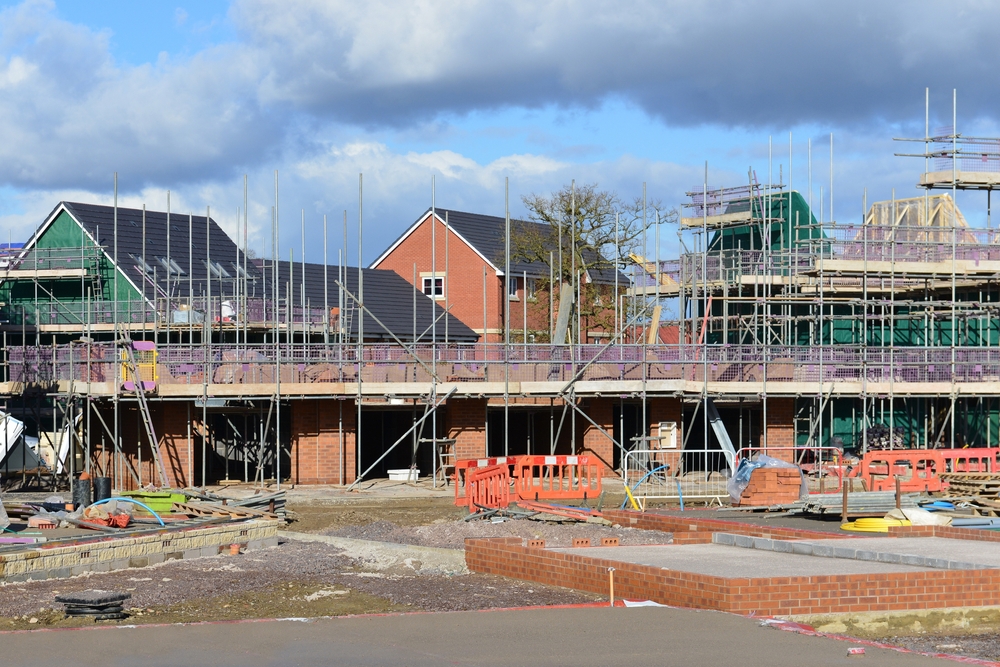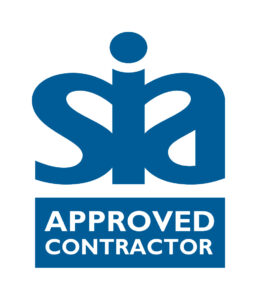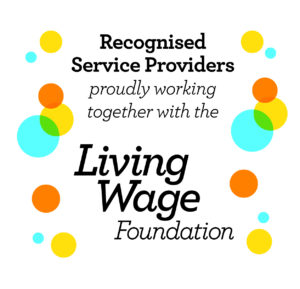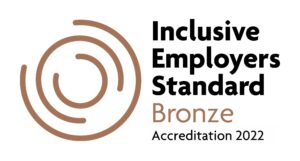Over 460,000 people working for 14,000 real Living Wage Employers throughout the country are set for a vital cost-of-living pay boost, as the Living Wage Foundation’s real Living Wage rates rise to £12 an hour across the UK (£1.10 increase), and £13.15 an hour in London (£1.20 increase).
The real Living Wage, set by the Living Wage Foundation, remains the only wage rates independently calculated based on what people need to live on. This year the rate increased by 10% in the UK, reflecting persistently high costs for low paid workers.
Recent research by the Living Wage Foundation shows that despite inflation easing, the cost-of-living crisis is far from over for Britain’s 3.5m low paid workers. Recent polling of those earning below the real Living Wage found that 60% have visited a food bank in the past year and 39% regularly skipping meals for financial reasons.
The real Living Wage vs the ‘National Living Wage’ – the difference
Unlike the Government minimum wage (‘National Living Wage’ for over 23s – £10.42) the real Living Wage is the only wage rate independently calculated based on rising living costs and applies to everyone over 18.
A full-time worker earning the new, real Living Wage would earn £3,081 a year more than a worker earning the current government minimum (NLW), and £2,145 more than their current pay. In London, a full-time worker on the new real Living Wage rate would earn an additional £5323.50 a year compared to a worker on the current NLW.
Low pay
There are 3.5m jobs (12.2% of employee jobs, or 1 in 8 jobs) paid less than the real Living Wage. According to Living Wage Foundation projections, the scale of low pay is predicted to increase to 4.3m (15.7% of jobs) in 2023.
Recent research published by the Living Wage Foundation found that despite easing inflation, the cost of living crisis is far from over for low paid workers, with 50% worse off than a year ago. 43% of low paid workers reported regularly using a foodbank (at least once per month), 60% have used a foodbank in the past year and 39% reported falling behind on household bills.
The Living Wage movement continues to grow
In the past two years record numbers of employers have signed up to pay the real Living Wage, including to their third party contractors like cleaners and security guards, with 1 in 9 employees now working for an accredited Living Wage Employer.
There are now 14,000 Living Wage Employers, including half of the FTSE 100 companies and household names like Aviva, Everton FC, IKEA and LUSH, as well as thousands of small businesses, who are choosing to pay the real Living Wage to provide workers and families with greater security and stability.
Katherine Chapman, Living Wage Foundation Director, said:
“As inflation eases, we cannot forget that low paid workers remain at the sharp end of the cost of living crisis. ow paid workers continue to struggle with stubbornly high prices because they spend a larger share of their budget on food and energy. These new real Living Wage rates are a lifeline for the 460,000 workers who will get a pay rise.”
FRG & the Living Wage Foundation
FRG are a Recognised Service Provider proudly working with the Living Wage Foundation to promote the real Living Wage. We believe in paying a decent wage to our staff, who carry out vital work for many organisations, and therefore always provide a Living Wage costed bid to all our clients. This gives our clients the chance to decide if the Living Wage is right for their organisation.
In recognition to our commitment to the Living Wage movement FRG have been elected to the Recognised Service Providers Leadership Group.
Could you be a Recognised Service Provider?
• Will you commit to ensure that all core staff (those not tied to customer contracts) are paid the Living Wage rates?
• Could you promote the benefits of paying the Living Wage to your customers and provide this as a costed option when pricing contracts?
• Would you like to be part of a strategic community of Service Providers that support and promote the Living Wage?
• Do you believe in contributing to ending low pay in the UK’s lowest paid service sectors?
For more information on becoming a Recognised service Provider visit the Living Wage Foundation website

Article By:
Head of Marketing & Communication









